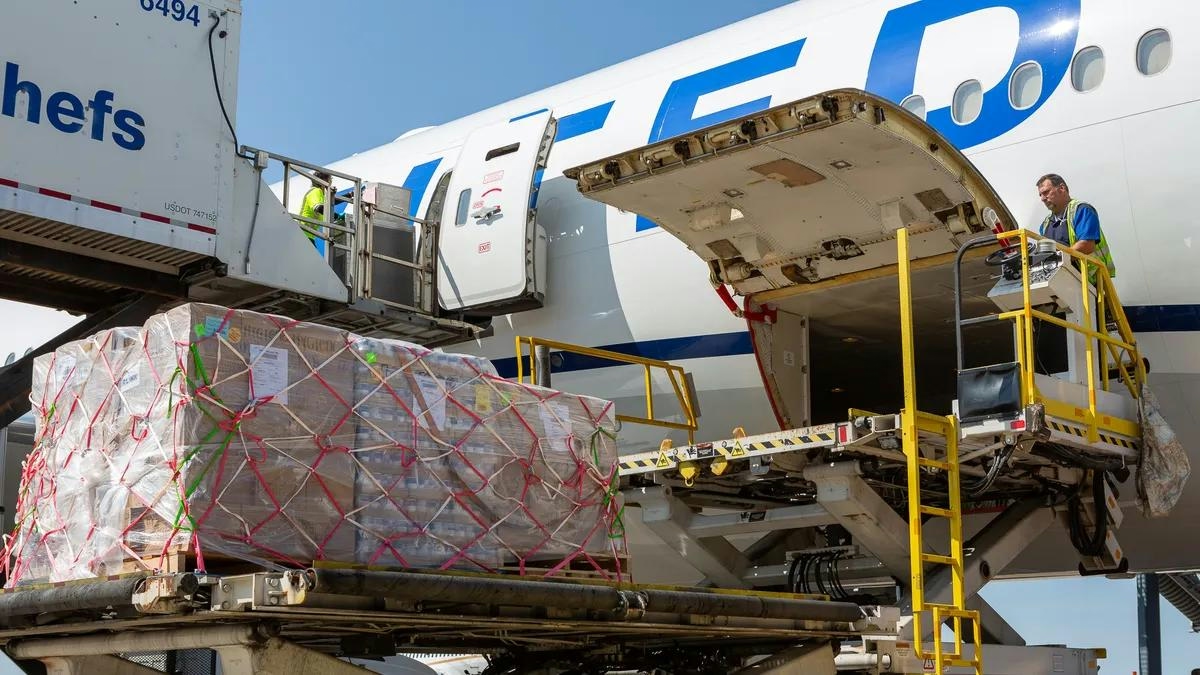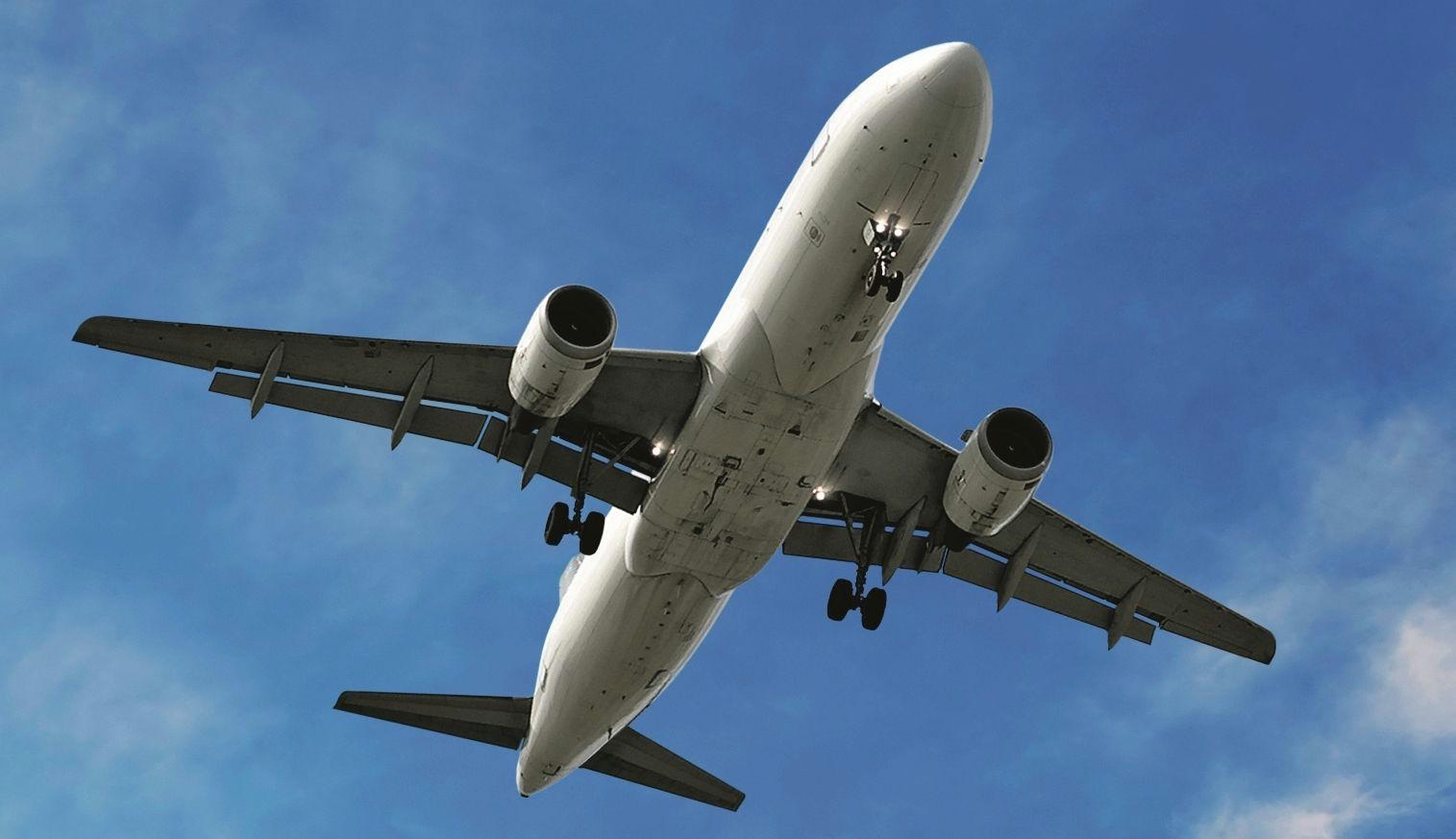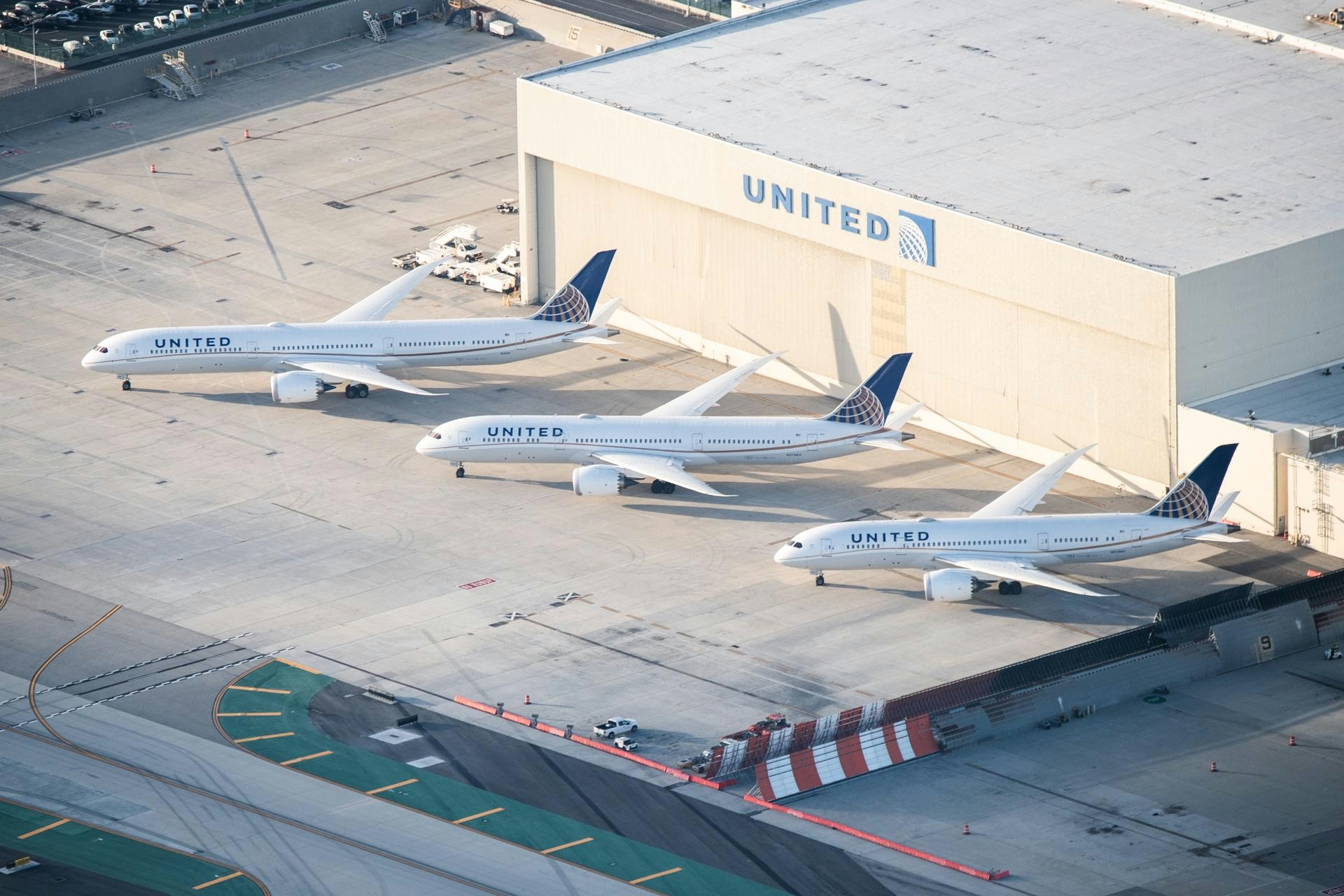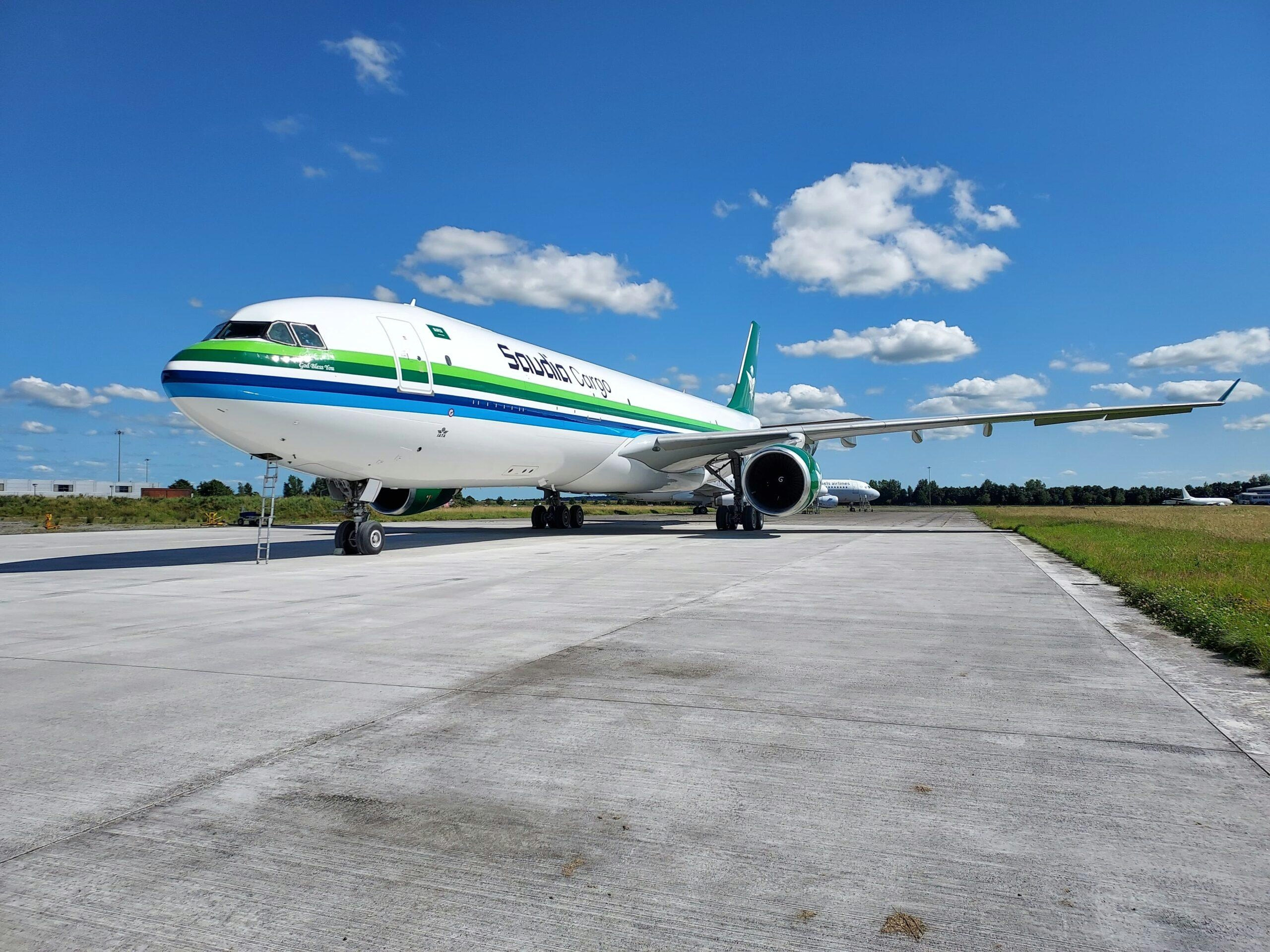エアロジニー — あなたのインテリジェントな副操縦士。
現在のトレンド
Categories
Air Cargo Charters Aid U.S. Supply Chains Amid Tariff Fluctuations

Air Cargo Charters Bolster U.S. Supply Chains Amid Tariff Volatility
Supply chain managers across the United States are contending with significant uncertainty as fluctuating tariffs on international goods disrupt established logistics frameworks. The ongoing trade tensions, particularly between the U.S. and China, have introduced complex challenges, with tariff deadlines frequently shifting and the broader economic outlook remaining unclear.
Impact of Tariff Fluctuations on Air Cargo Demand
Jack Burt, Senior Vice President of Cargo at Chapman Freeborn USA, highlights the transformative effect of tariff volatility on the air cargo sector. He explains that while high tariffs generally suppress international trade volumes, leading to a negative impact on air cargo demand, recent months have seen a notable increase in air freight activity. This surge is driven by supply chain managers accelerating shipments to avoid impending tariff deadlines. Data from Xeneta indicates a 5% rise in air freight volumes in July, underscoring the growing reliance on expedited air shipments amid tariff uncertainty.
The consequences of these tariff fluctuations extend beyond logistics. Rising shipping costs, often passed on to consumers, have placed considerable pressure on small businesses, which face an estimated $202 billion tariff burden. In response, companies are reassessing pricing strategies and supply chain operations to mitigate financial impacts and sustain competitiveness in a volatile market.
The Role of Air Cargo Charters in Supply Chain Resilience
The recent extension of the U.S.-China tariff truce, announced on August 12, has delayed the implementation of higher tariffs until November 10. While this postponement offers temporary relief, it prolongs a period of unprecedented uncertainty for supply chain decision-makers. With limited clarity on future tariff developments, companies must make rapid decisions regarding capital allocation and procurement, often under tight time constraints.
In this context, air cargo charters have become an essential tool for enhancing supply chain resilience. Burt emphasizes that the critical factor is the arrival date of shipments in the U.S., rather than the purchase date, making expedited delivery a strategic priority. This urgency explains the 5% increase in air cargo volumes observed in July. Air cargo charters, which provide premium express delivery services, are increasingly preferred over traditional road, ocean, or rail transport, which may lack the speed necessary to circumvent new tariffs or respond swiftly to market fluctuations.
Competitors are similarly adapting by shifting to air cargo charters to accelerate shipments and avoid delays caused by disruptions in ground transportation. Despite the heightened demand, Burt notes that there is currently sufficient capacity within the air charter market. He attributes this availability to a global decline in trade volumes, which has freed up aircraft and crews, enabling air charter brokers to meet the increased needs of supply chain managers during this volatile period.
As tariff uncertainty continues, air cargo charters remain a vital option for U.S. businesses seeking to navigate the complexities of global trade and maintain supply chain continuity.

Cathie Wood Increases Investment in Air-Taxi Stocks

Airlines Face Fundamental Technology Challenges, Not Just AI Issues

Crankshaft Fatigue Causes Emergency Landing

Embraer Integrates AI-Based Counter-Drone System into A-29 Super Tucano

Standardaero and Avilease Sign Agreement for LEAP and CFM56-7B MRO Services

ETF Airways to Receive First ATR Aircraft

Range Comparison Between Boeing 787-9 and 787-10 Dreamliner

AJW Group Renews Partnership with ASL Aviation to Support A330ceo Fleet

Could AI Cause a Jet Engine Shortage Similar to the Chip Crisis?

Joint Statement from UK Space Agency, MHRA, Regulatory Innovation Office, and Civil Aviation Authority
